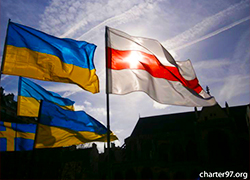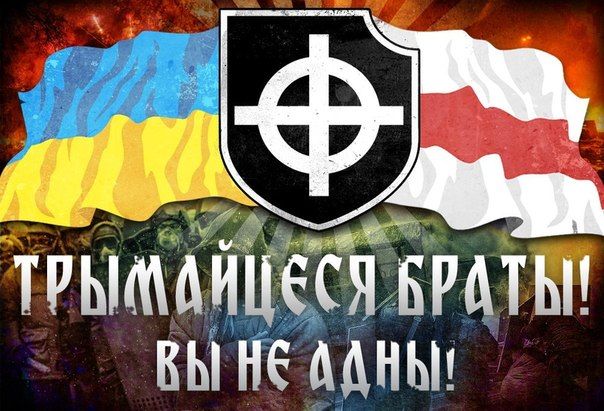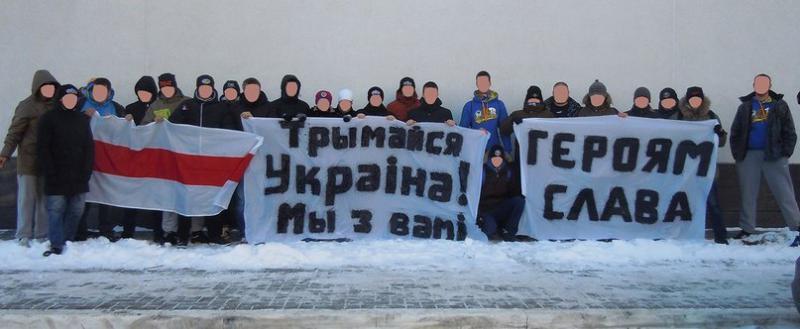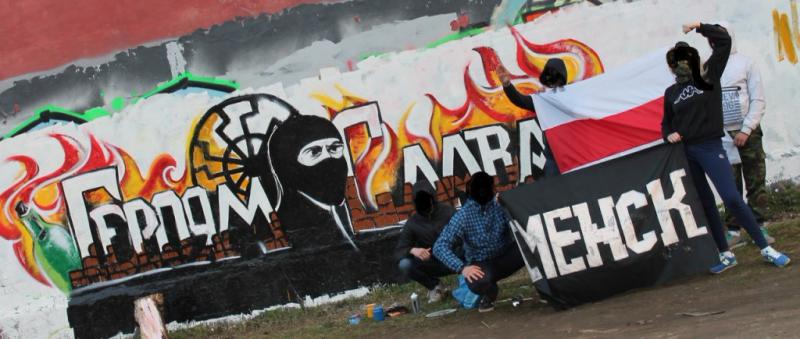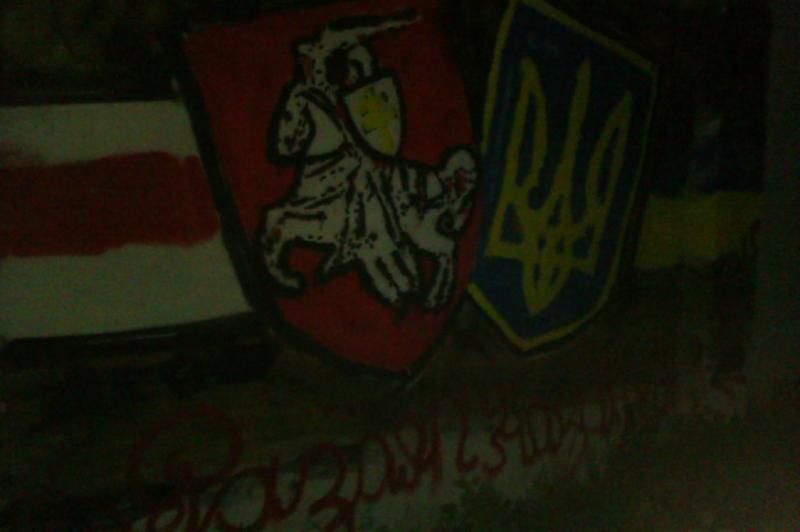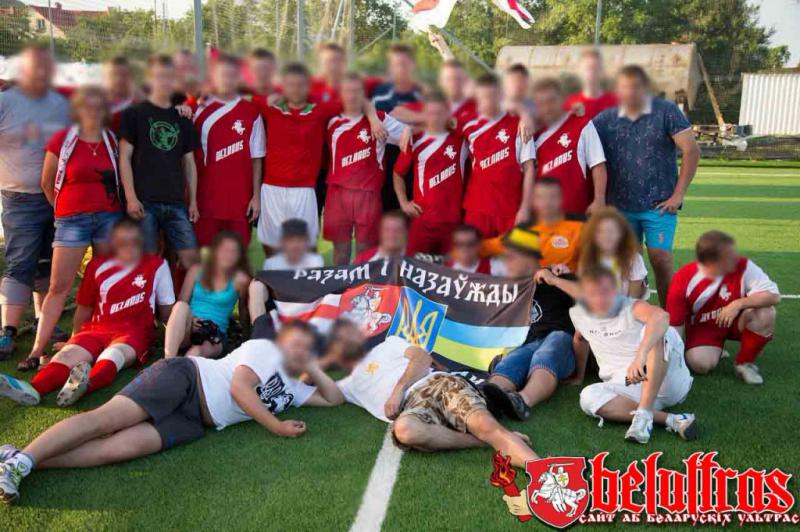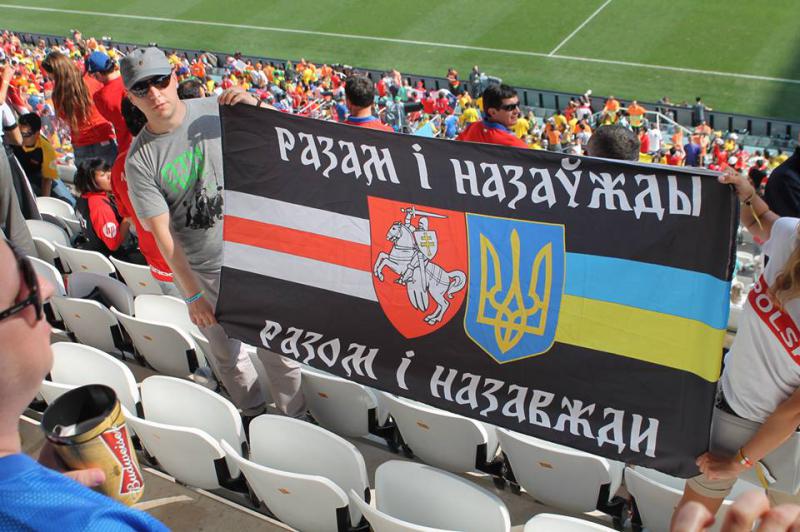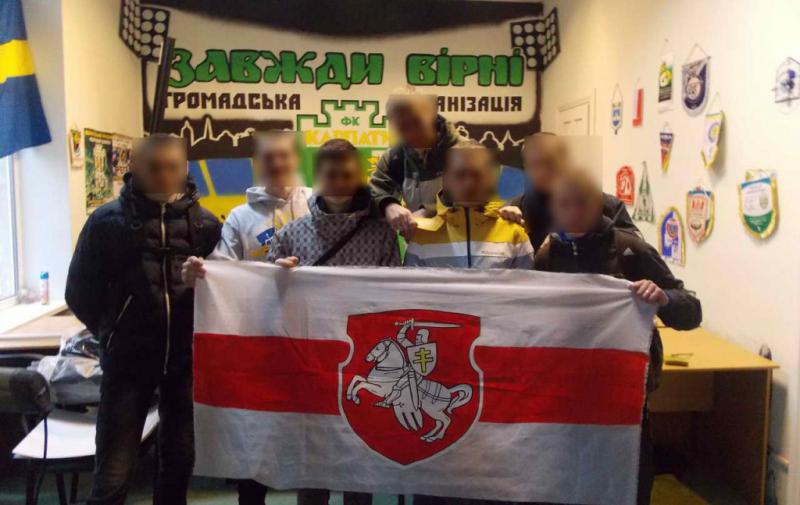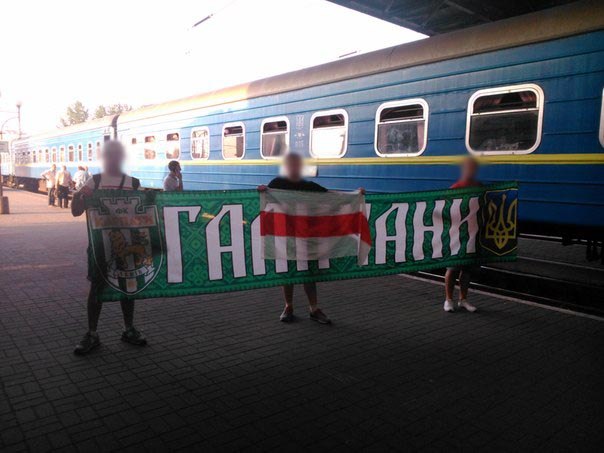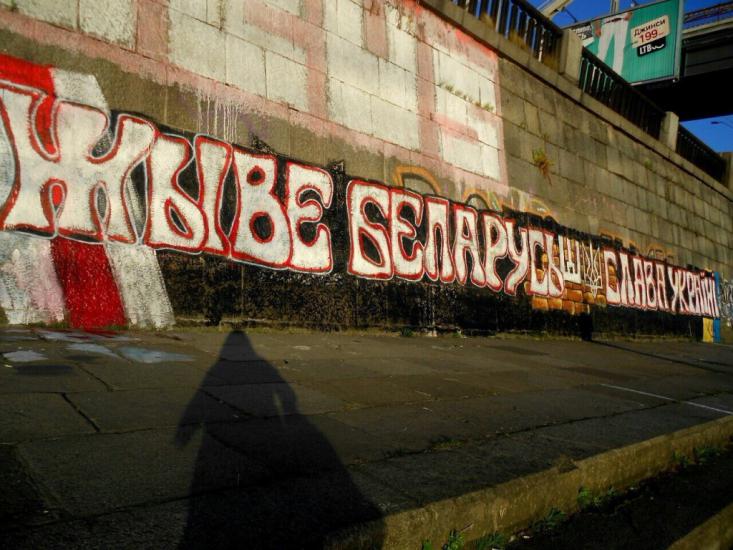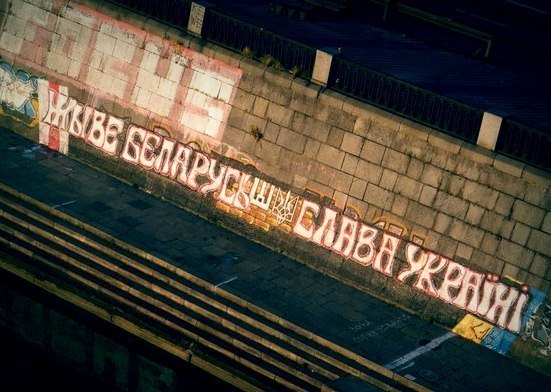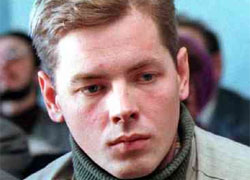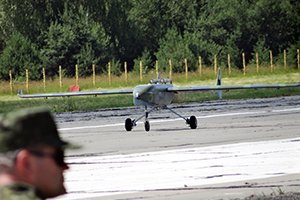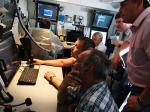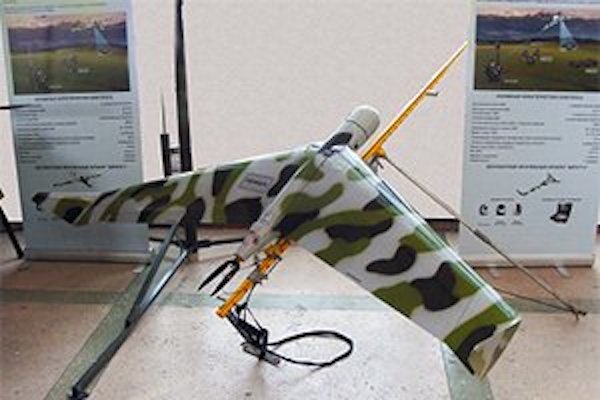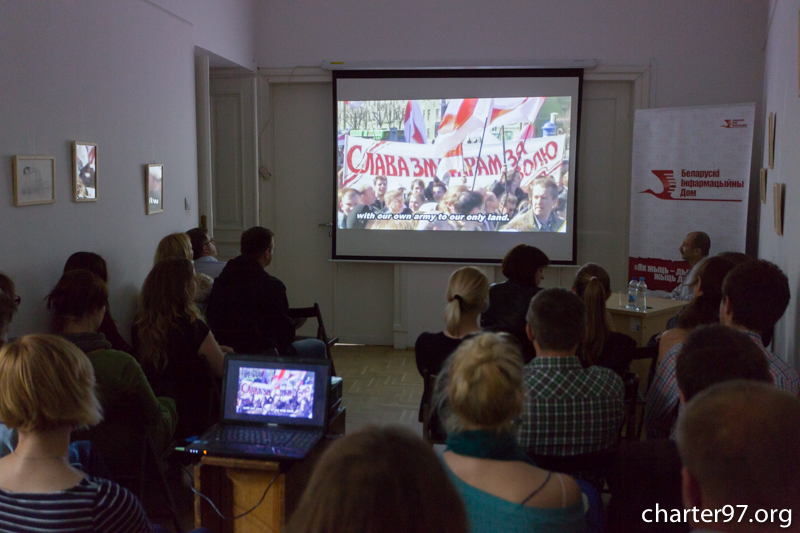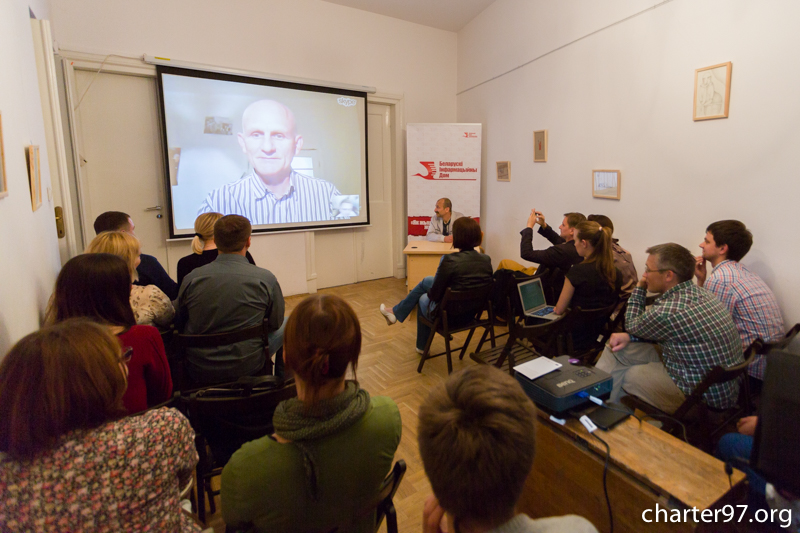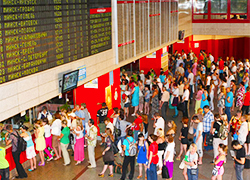 70% of Belarusian youth ready to emigrate from Belarus.
70% of Belarusian youth ready to emigrate from Belarus.Such a statement was made by Professor Aleh Manaeu, Doctor of Sociology, Radio Svaboda informs.
As said by Manaeu, the prime factor of the high level of migration sentiments of the Belarusian youth is absence or lack of good prospects in Belarus. Unlike persons of an older age, who live from day to day, it is natural for the young to think about what is to happen in 3, 5 or 10 years. That is why their intention to leave the country for the place where there are more prospects, looks understandable.
It is interesting to compare the today’s vision of their prospects by the young with what happened before. As noted by Manaeu, in 1994 the young looked to the future with optimism, prospects seemed to be much wider. Ynoug people pinned their hopes for the future on their life in the independent country in the conditions of democracy and market economy, they believed that Belarus was going to choose the European path of development and was to reach the Western standards of living soon.
“The public sentiment was like this in general,” Manaeu said. “For the young sky was the limit as far as prospects were concerned, especially as compared to what happened 40 years ago, in 1974.”
“If we make the same comparison, between 2014 and 1994, the tendency will be the opposite as compared to the previous period. In 1994 prospects were growing, becoming more profound, sky was the limit (at least for many young people), today everything is the opposite. I know that as a university professor, who communicates with students, and as a scientist, who studies the society, and the same could be said judging by opinion polls,” Manaeu noted.
He explains that the future prospects as such are a maze. Good prospects for the young people have a material component (pay rate), and political one (the level of civil and political freedoms), and a legal component (for example, how stable the legal frame for conducting business is).
Meanwhile one should understand that the desire to go abroad does not mean the person would really leave Belarus. Actually, migration moods of Belarusian citizens rarely transform into a real migration, Manaeu said.
He attracts attention to the fact that two thirds of the young people who are ready to leave the country according to the results of opinion polls amount to approximately 1 million. But in realty no more than 1-3 thousands of young people leave Belarus annually. Thus, the real level of migration is a drop in an ocean as compared to the number of those who declare their desire to move abroad.
Manau stresses that aspirations relating the countries to which young Belarusians want to migrate, are not realized as well. According to opinion polls, most Belarusians dream to leave for the West – Germany, Poland or the US. But those who actually emigrate, mostly go to Russia.
As said by Manaeu, in reality the migration balance in Belarus is positive, that is, more people immigrate into the country than leave the country. The professor stresses however that statements that the official statistics downplays the level of migration is absurdity. In practice, the figures of the Interior Affairs Ministry and the Statistics Committee of Belarus correspond to reality.
According to the official statistics of Interior Affairs Ministry, in 2013 5,715 citizens of all ages left Belarus to work abroad. 1,075 persons more left Belarus in the first quarter of 2014. The majority of them go to work to Russia.
Kilde: http://charter97.org/en/news/2014/7/17/107344/



